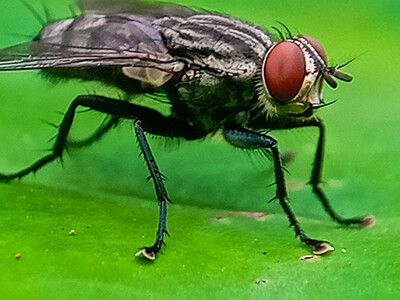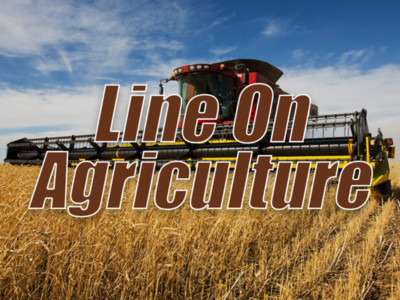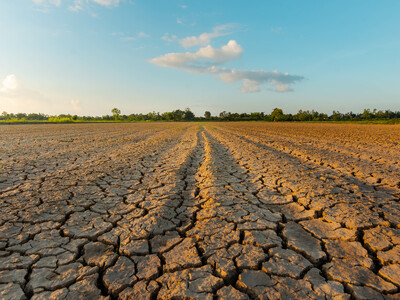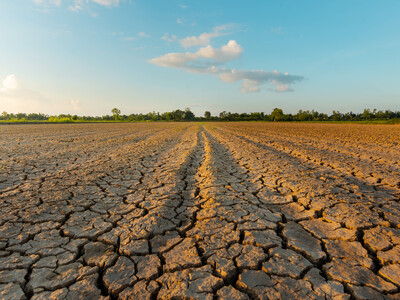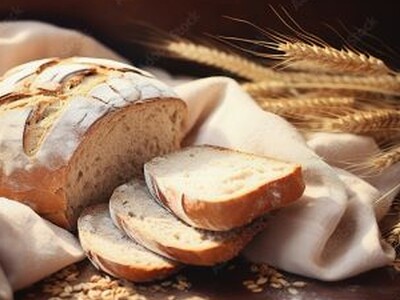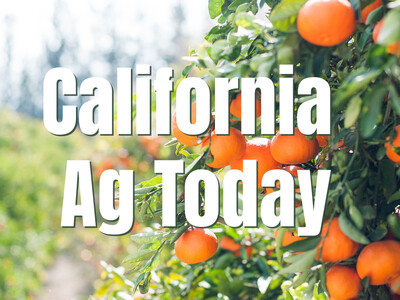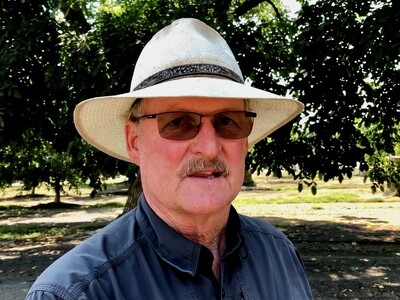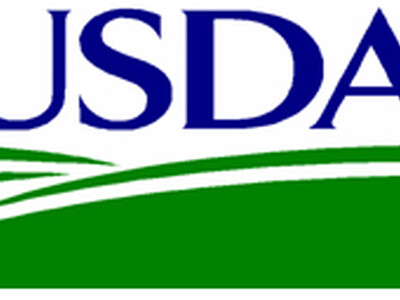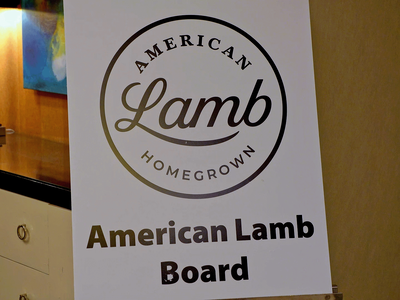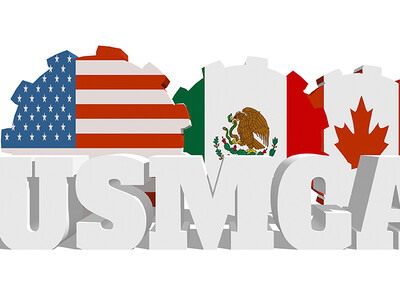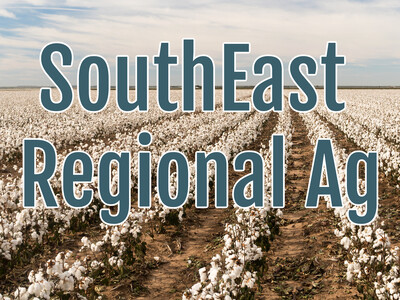REAP Funding Workshop
REAP Funding Workshop. I’m Greg Martin as Line On Agriculture presents the Harvest Clean Energy Report.
We have spent quite a bit of time talking about the Renewable Energy for America Program or REAP. The USDA program helps ag producers and small rural businesses with energy projects but can sometimes be a bit daunting when it comes to knowing the hows and whys of the program. Jessica Raker, Northwest SEED talks about an upcoming, free workshop.
RAKER: Northwest SEED and the Washington State Department of Commerce are working to put together this workshop. It’s going to take place on Thursday, April 21 and the point of the workshop is to provide education on renewable energy projects with the hope that more of rural Washington’s small businesses and ag producers will take advantage of the USDA’s Rural Energy for America Program that provides funding for renewable energy/energy efficiency projects
The REAP program will fund up to 25% of the costs for those projects.
RAKER: And in the past Washington rural residents haven’t taken full advantage of this program so we’re trying to really get people to understand what kind of technologies are available, what are the pros and cons of the technologies and what they would need to do to get a project underway.
Raker is not sure why rural residents have been slow to apply for these grants.
RAKER: There hasn’t been a lot of press around it and putting together one of these grants is pretty difficult, the fact that we can provide assistance will help out. There’s also now a simplified application for smaller projects which is really nice because because the full application requires a level of feasibility study that’s pretty expensive that’s just not worth it unless you’re thinking about a really large project.
The workshop runs from 9-12 on the 21st in Ellensburg, Washington and is free. Visit the Northwest SEED website for details at nwseed.org.
RAKER: As an organization we are really interested in promoting sustainable energy projects in communities across the northwest and making sure that really diverse groups of people are able to take advantage of the sort of technologies that are sort of leading us toward this sustainable energy future.
For additional information on clean energy, visit harvestcleanenergy.org. That’s today’s Line On Agriculture. I’m Greg Martin on the Ag Information Network.
www.harvestcleanenergy.org
www.harvestcleanenergy.org




